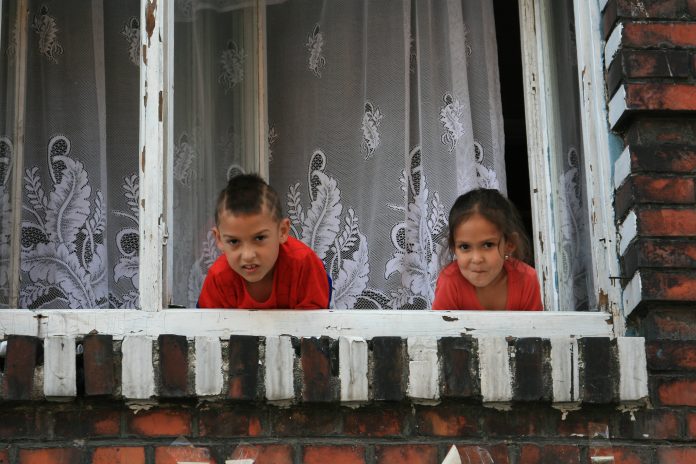The European Committee of Social Rights has today found the Czech Republic responsible for large-scale and discriminatory institutionalisation of children with disabilities and Romani children in early childhood care institutions, criticising the failure of the country to adopt and implement an appropriate deinstitutionalisation strategy. In a decision released today, the European Committee found violations of the rights of particularly vulnerable Roma children and children with disabilities under the age of 3, specifically the obligation to ensure appropriate social and economic protection to children, under Article 17 of the 1961 Charter.
The legal findings come following a three-year inquiry by the European Committee. The inquiry was triggered when a consortium of three organisations: the Prague-based Forum for Human Rights, the Validity Foundation, and the European Roma Rights Centre; filed a joint collective complaint in 2017 and provided evidence documenting the violations. The UN Special Rapporteur on the right to health, as well as LUMOS, supported the litigation with their interventions.
“The Committee’s message is very strong. Institutions are harmful to children, and from the legal point of view, the Government must take all necessary steps to deinstitutionalise the existing system of early childhood care. This systemic change must be built on the principle that all children have the right to benefit from a family environment, regardless of their situation or needs,” commented Maroš Matiaško, Chair of the Forum.
ERRC Legal Manager, Senada Sali, welcomed the Committee’s acknowledgement that “both Romani children and children with disabilities are faced with disproportionate care risks in comparison with the majority population, and that in that regard – States must ensure appropriate social and economic protection to young children, with particular attention paid to the situation of disadvantaged and vulnerable groups of children.”
“The Committee’s decision makes it clear that international law will not accept the continued institutionalisation of children. States must provide in-home and community-based services necessary to make sure that all children, especially Roma children and children with disabilities, grow up with stable, loving caregivers. We look to the Czech Government to now lead the way in this endeavour,” highlighted Ann Campbell, Co-Executive Director of Validity (Mental Disability Advocacy Centre).
The decision is built on three legal grounds. First, the committee found that the State’s failure to reduce the number of young children placed in institutions, to provide young children with appropriate services in family-based and community-based services within a reasonable time, and to the maximum use of available resources, violates Article 17 of the 1961 Charter. The European Committee found that existing legislation in the Czech Republic allowing for institutionalisation of young and vulnerable children, and the ongoing maintenance of residential children’s centres under the Health Care Act, does not conform with obligations under Article 17 of the Charter.
Second, in assessing measures taken by the Czech Government to reform the existing system, the European Committee found that the Czech Government have failed to take significant and targeted steps to deinstitutionalise the existing early childhood care system, and instead provide young children with services in family-based and community-based settings. The Committee also found that this was in violation of Article 17 of the Charter.
Finally, the European Committee emphasised the importance of collecting relevant data which are indispensable to the formulation of an adequate policy and the adoption of appropriate measures. As the Czech Government has failed to provide any evidence or relevant information on the adoption of measures to improve the provision of appropriate family and community-based services for Romani children and children with disabilities, there was also a violation of the 1961 Charter on this ground.
The Czech Republic must now implement measures in response to the decision.

